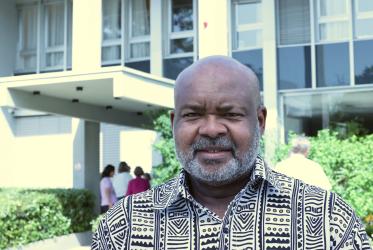Ghana
Ghana, in West Africa, was formerly known as the Gold Coast because of the gold mining that began some 500 years ago. Its history includes that of the Ashanti kingdom and of being a centre of the slave trade. The Gold Coast became a British colony in 1873 and, in 1957, was the first sub-Saharan country in colo-nial Africa to attain independence, when it adopted the name Ghana. Ghana has experienced both democratic and military governments since its independence. Currently, the government (president and parliament) is democratically elected once every four years. The economy is based on cocoa, mining, timber and some industry. The majority of the population live from subsistence farming. The strong and large Anglican, Protestant and Catholic churches of Ghana grew out of 19th century mission work. Ghana is also a centre of African indigenous churches, and charismatic churches. Ghana's churches are experiencing some growth. The number of Evangelical and Pentecostal/Charismatic Christians was estimated in 2000 at 30 percent of the total number of Christians. The main line Protestant churches are grouped in the Christian Council of Ghana, the Pentecostal/Charismatic churches have formed the Ghana Pentecostal Council, and there is an Association of Evangelicals of Ghana, affiliated with the WEA. These together with the Roman Catholic Episcopal Conference work together collaboratively vis-à-vis issues that affect the entire nation.




